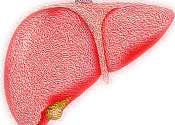Study: Flies with schizophrenia-associated genes respond well to anti-psychotics
Scientists have successfully treated flies displaying behavioral problems linked to newly discovered schizophrenia-associated genes in humans, using common anti-psychotics.
May 19, 2021
0
57









